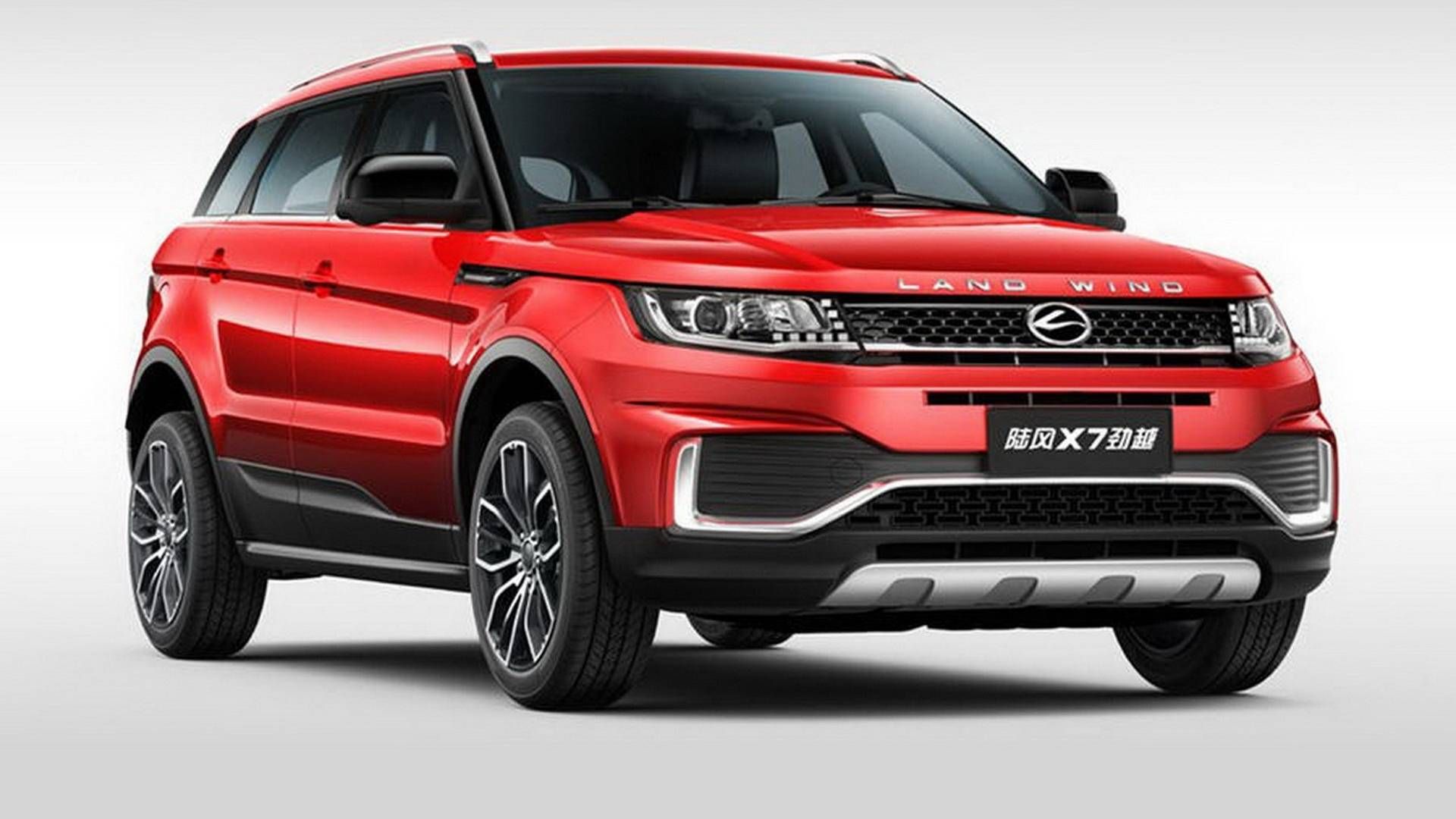Jaguar Land Rover has been fighting a lengthy and tedious legal battle against Jiangling Motor Corporation (JMC) from China it initiated when the company launched a model that very closely resembled its Range Rover Evoque. The copycat model is called the Landwind X7, and it has been in production uninterrupted since 2015, but now, a Beijing court has ordered the automaker to stop making the X7.
A Big Win for Jaguar Land Rover OVer Jiangling Motor Corportation
|
|
ids=833472,833473 |
no_overlay=true> |
The first lawsuit against Jiangling was filed by JLR in early 2015, not long after the X7 was first shown to the public at the 2014 Guangzhou Auto Show that took place in November of that year. After the case was quickly dismissed in China at first, neither company gave up and the legal rollercoaster that followed even at one point involved the annulment of both companies’ exterior design patents.
The two companies searched for mutually beneficial ways of solving the matter, even though JLR was on the side of justice, it had to contend with the lack of legal framework within the Chinese judicial system to counteract the creation of copycat products.
And to be fair, the post-facelift X7 looks far less Evoque-like from the front and the rear, although the side profile is still obviously very blatantly copied. So even though JLR was rightfully claiming its design had been copied, Landwind managed to keep the X7 in production for nearly four years at a rate of around 4,000 units per month.
|
|
ids=833474,833475 |
no_overlay=true> |
It’s not hard to understand why Landwind was so protective of its clearly copied X7 - it was able to sell a vehicle that could and can still fool people into believing it’s an actual Range Rover at a fraction of the price (starting from around $19,000).
This is certainly what many bought these for and then quickly accessorized them with real Range Rover badges, better imitation grilles, and rim designs. And, you wouldn’t be able to spot that one of those is a fake unless it came in really close and you could analyze it.
Now, after losing against JLR, JMC will have to compensate the U.K.-based company, although all that money will actually end up in the coffers of Tata Motors, the Indian giant that owns JLR. This triumph for JLR is seen as a “landmark victory,” and there are still a few blatant copycat models still in production today, so maybe this news will spur other manufacturers affected by the phenomenon to pursue legal action until the matters are resolved.
|
|
ids=833476,833477 |
no_overlay=true> |
What other copycat models are still in production in China, we hear you say? Well, there’s the Changan CS55 that is very similar to the Land Rover Discovery Sport, the Changan CX70 that apes the big seven-seater Discovery, as well as the BAIC BJ80 (Mercedes G-Wagen clone), FAW Besturn X40 (closely resembles a Mazda CX-5,) and an all-electric crossover simply called K-One - it resembles a tall and narrow Mercedes GLA.
Further reading
Read our full review on the 2020 Land Rover Range Rover Evoque.

